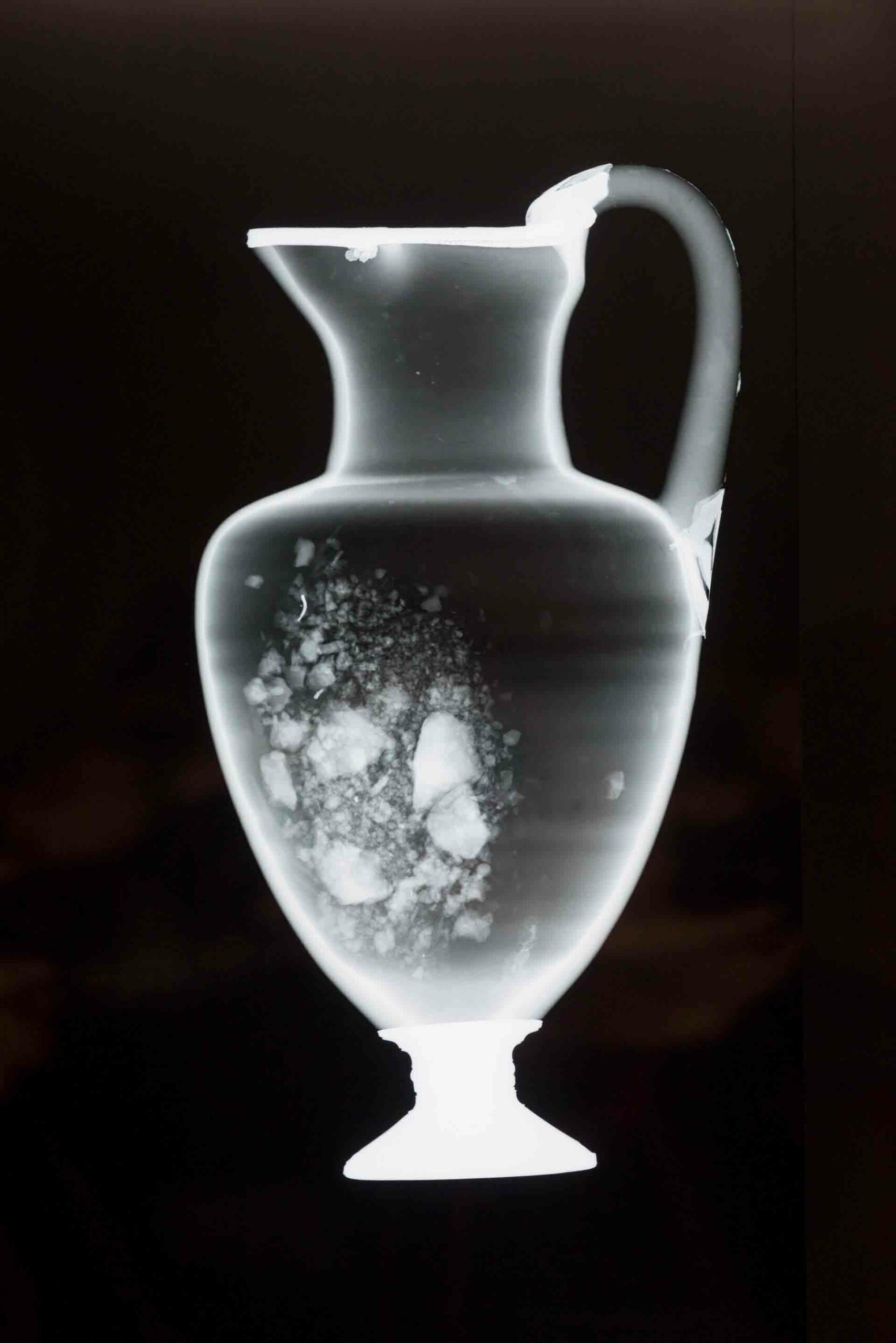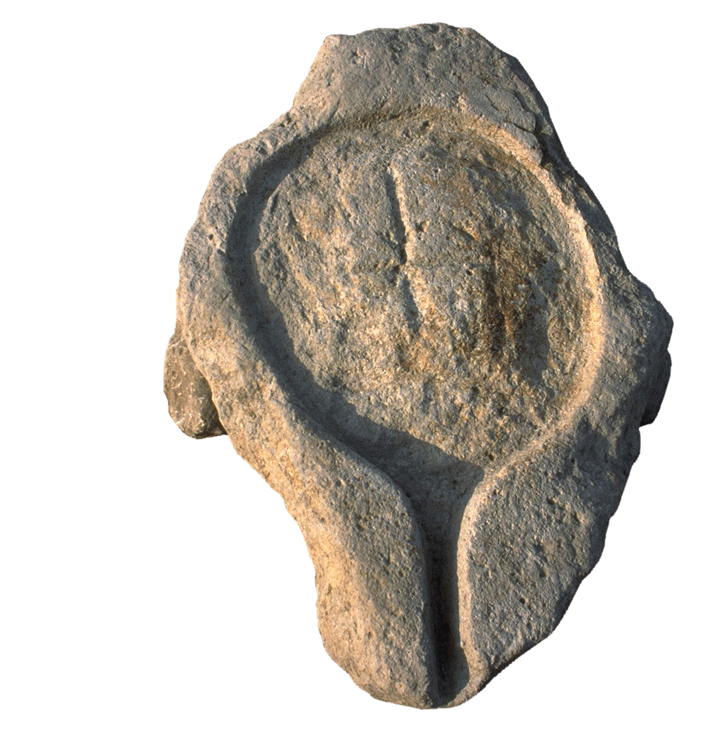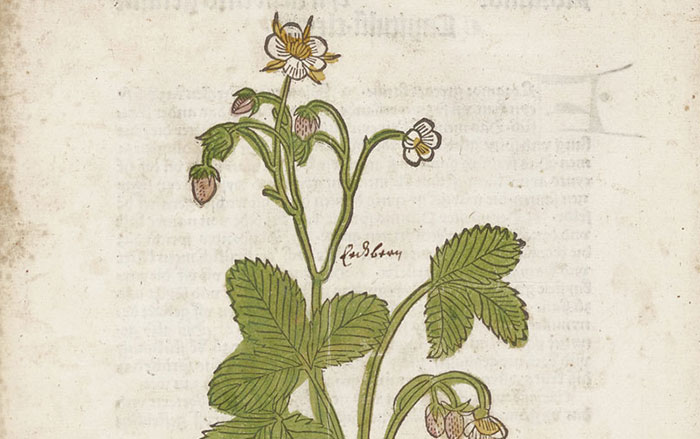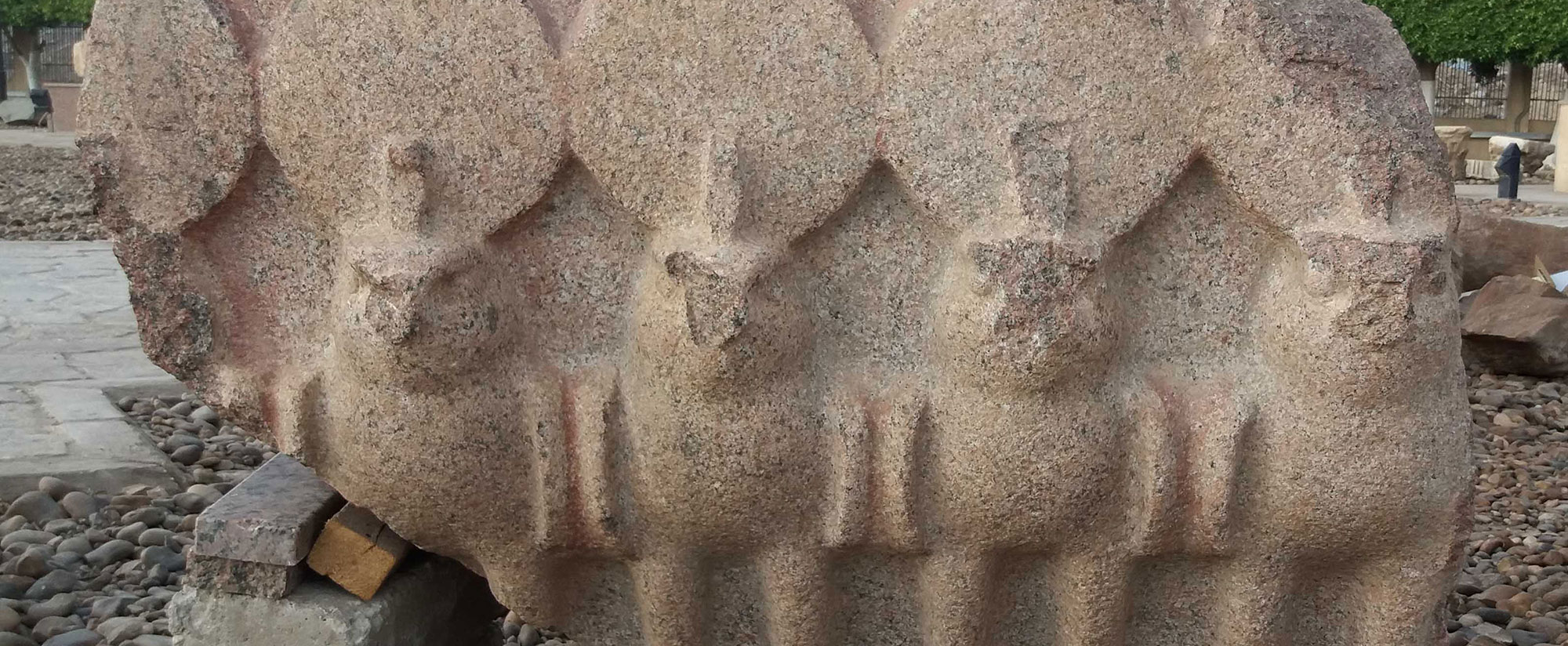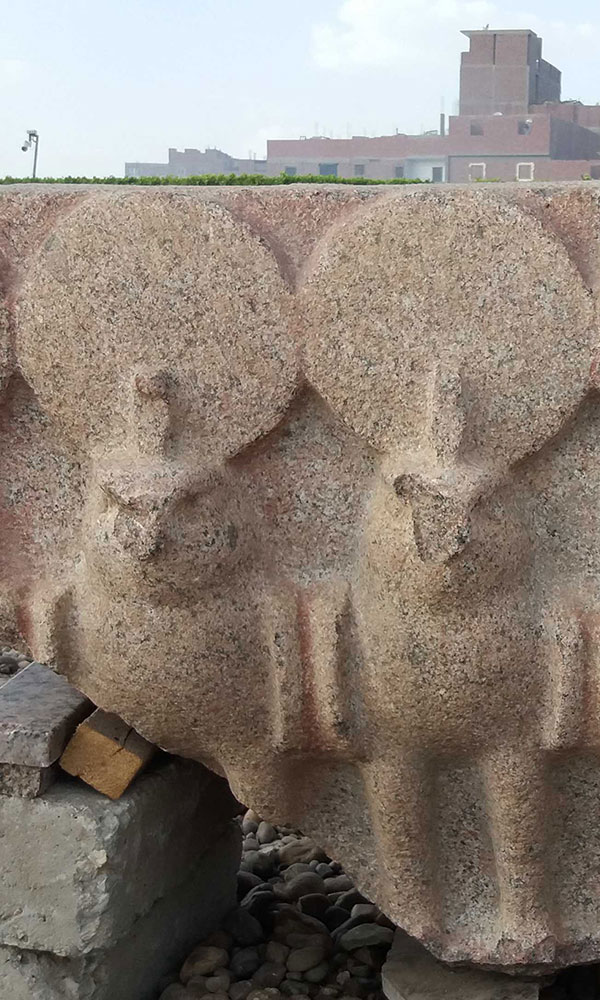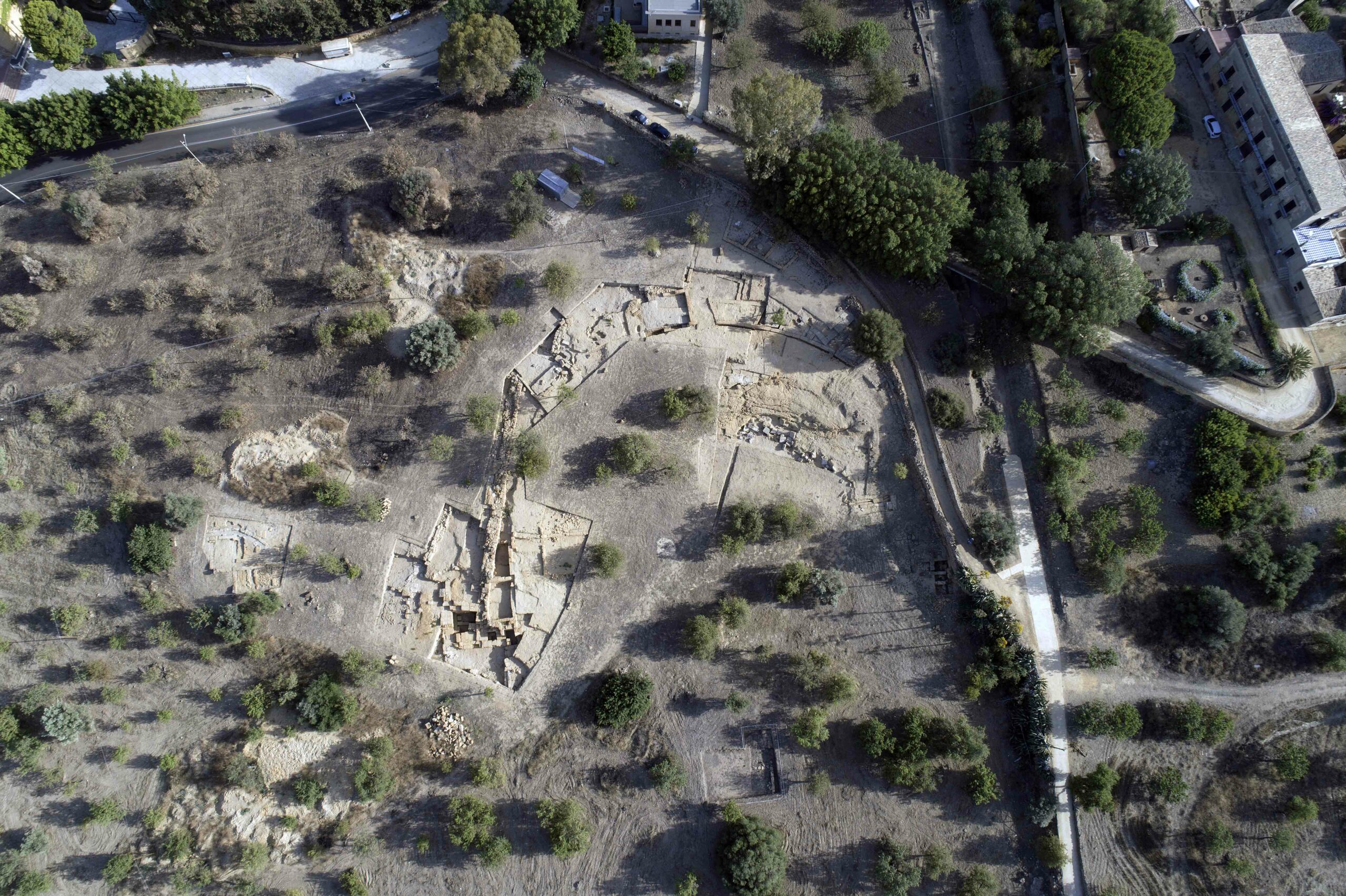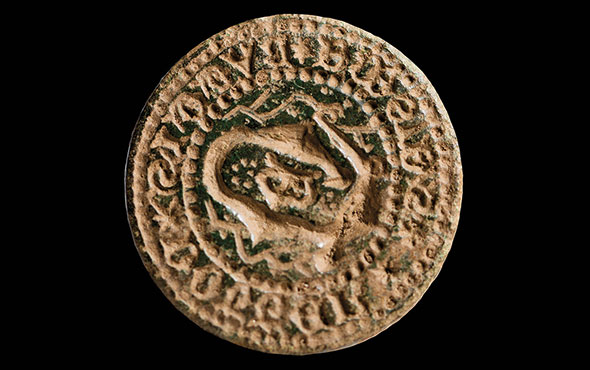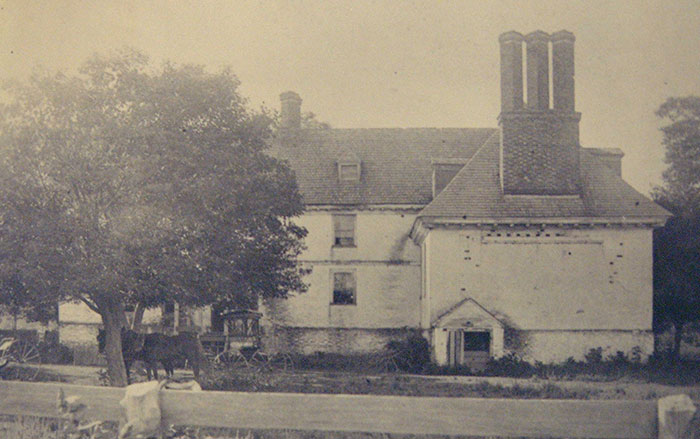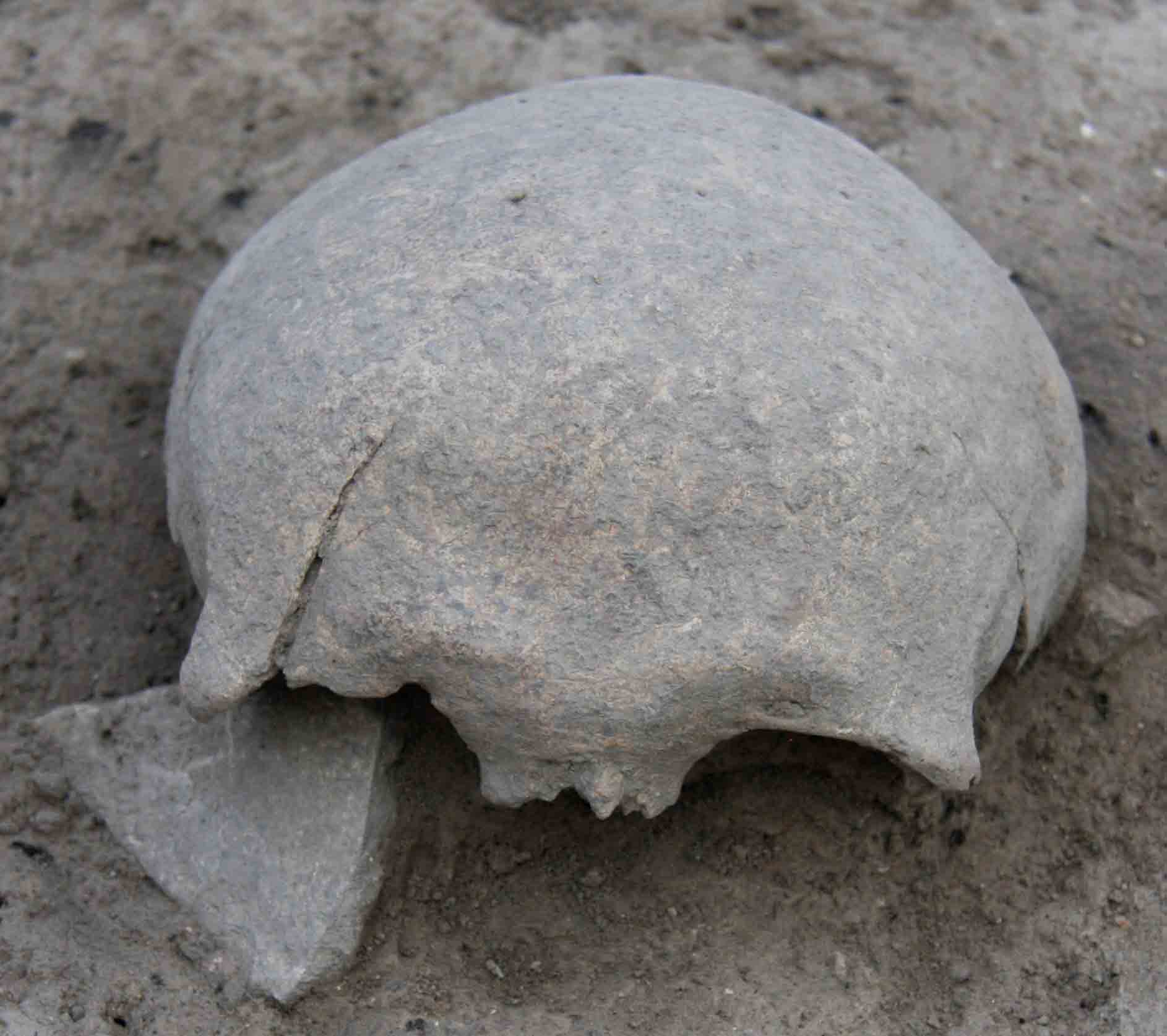
According to ancient Greco-Roman sources, Celtic warriors living in France more than 2,000 years ago practiced a gruesome ritual. They would remove the heads of their fallen enemies and proudly carry them home as trophies to be put on public display. Archaeological evidence of this practice has come in the form of human skulls discovered at several Celtic sites. An intriguing new study now confirms the sources’ assertion that the decapitated heads were embalmed. Chemical analysis of third-century B.C. skull fragments from the Celtic site of Le Cailar in southern France has detected the presence of conifer resins. Experts believe the pleasant-smelling resins may have been heated and mixed with plant oil before being applied to the heads as an embalming agent. “We don’t know the precise process, but this is the first time that we have scientific proof of embalming,” says archaeologist Réjane Roure of Paul Valéry University. The embalming mixture would have acted as an aromatic agent, and its antibacterial properties would have prevented decay and preserved the individual’s appearance, making the vanquished enemy recognizable for a long time.



